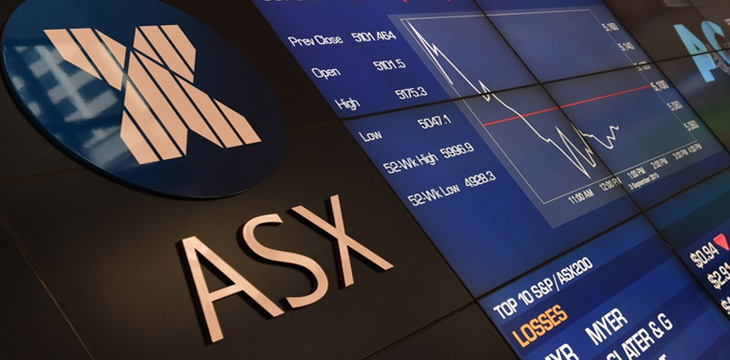|
Getting your Trinity Audio player ready...
|
The Australian Securities Exchange (ASX) will proceed with its plans to roll out a clearing and settlement system based on the distributed ledger technology to replace the CHESS platform. The announcement comes after the company’s CEO stepped down from office.
According to reports, the company plans to roll out new DLT system despite Blythe Masters, the company’s CEO leaving company. Peter Hiom, the deputy CEO of the ASX told reporters through his spokesman that Master departures will not affect their plans to roll the new system.
The announcement stated that Masters, the three-year executive, left the company for personal reasons. Masters departure has forced AG Gangadhar, a member of the DA board of directors, to act as the chairman until someone else is chosen for the job. Master will remain as a shareholder, member of the company’s board and a strategic advisor.
Hiom stated:
“ASX will remain focused on DTL, and our partnership with Digital Asset (DA)-our CHESS replacement program is on track and moving forward as expected. We are working with DA on development, implementation and customer readiness for the replacement system, and we are looking forward to continuing this work with AG Gangadhar and the DA team.”
DA now plans to bring the distributed ledger in early 2021. Hiom added that Masters’ work on the project had helped advance DTL efforts. He also said that Masters had been an excellent friend to ASX. He thanked her for her efforts and wished her well. Initially, ASX had planned to roll out the new system by 2020.
Reportedly, ASX will use a distributed ledger technology that is not open or public. The replacement of CHESS with a DLT solution will be done with ASX secure space on a private, secure and permission network. Only licensed participants will be given the opportunity to access the system.
In addition, private contractual information will not be shared with all participants. The new system will differ significantly with the current public blockchain. It will be a highly regulated market, which will include infrastructure providers with licenses to operate, a rulebook defining market operation and participant identification to meet regulatory standard. It will also have enhanced data integrity.

 03-03-2026
03-03-2026 




